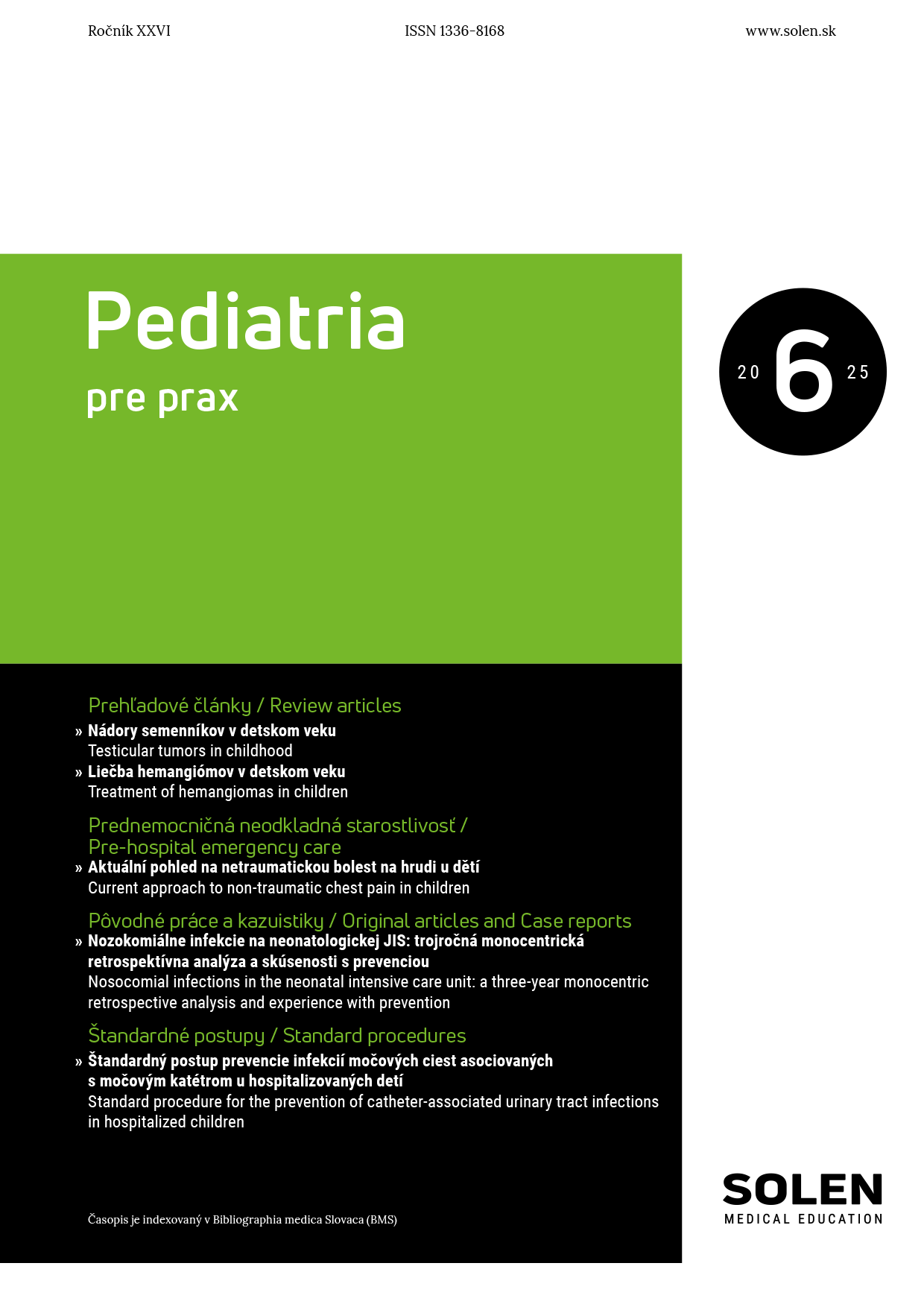Onkológia 6/2022
Treatment of newly diagnosed multiple myeloma
Treatment paradigms for management of newly diagnosed multiple myeloma (NDMM) have been evolving over the past 20 years as a consequence of the development of immunomodulatory drugs, proteasome inhibitors, and monoclonal antibodies. Significant progress has been made with deeper and longer remissions seen with newer treatment approaches – both for induction as well as maintenance therapy. The treatment approach to MM is guided by several factors including patient age, frailty, comorbidities, eligibility for autologous stem cell transplantation (ASCT), and cytogenetic risk stratification. High-dose melphalan supported by ASCT has been the standard of care for eligible patients with NDMM for > 25 years. Several randomized clinical trials have recently reaffirmed the strong position of transplantation in the era of novel agents. In this review we discuss the different options available for the treatment of transplant-eligible and transplant-ineligible patients with MM in frontline setting.
Keywords: newly diagnosed multiple myeloma, antimyeloma treatment, transplantation

















